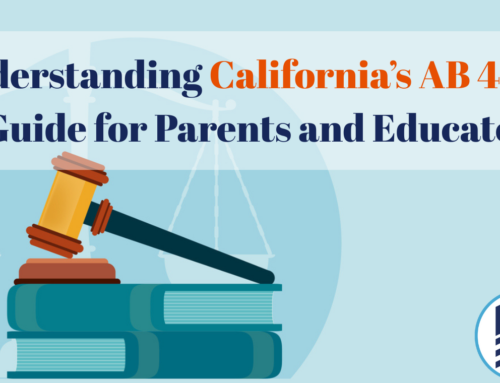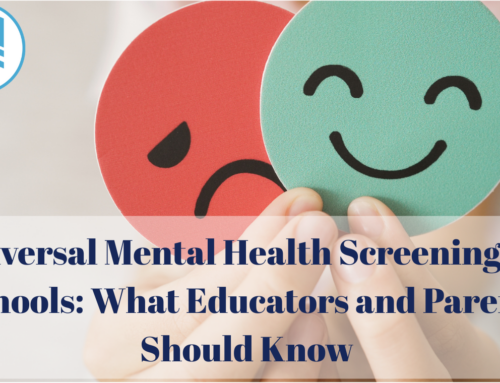
What is a father worth?
With dads often seen as the butt of jokes in popular culture, it seems that their value may be a well-kept secret.
The influence of a father (or lack thereof) leaves an indelible mark on society. Statistically speaking, the power of a father’s impact is undeniable. Children—both girls and boys—are wired to thrive on healthy paternal engagement.
When they don’t get that, they suffer.
According to the Children’s Bureau, children with father involvement are:
- “75% less likely to have a teen birth.”
- “80% less likely to spend time in jail.”
- “Half as likely to experience multiple depression symptoms.”
In the same article, fatherly engagement is reported to cultivate good health in infants “such as improved weight gain in preterm infants and improved breastfeeding rates.” Generally speaking, fathers also bring a sense of authoritative parenting. Such involvement sees “emotional, academic, social, and behavioral outcomes for children.”
That’s big. To say that dads don’t matter would be foolish.
The gender gap: educations, boys, and the dad factor
According to psychologist and author Dr. Warren Farrell, “dad-deprived boys are less likely to display empathy, be less assertive, depressed, have nightmares, talk back, and be disobedient. These boys hurt, and boys who hurt, hurt themselves and us.”
Farrell points out that 93% of prisoners in the American prison system are male. Over 90% of that demographic are men who were “dad-deprived.”
Did you know that boys struggle at school more than girls? The statistics are staggering.
In the 2008 Gender Test-Score Gap published by the National Assessment of Educational Progress (NAEP), we see that girls average a higher reading score than boys.
The graphic below features reading scores from a 2019 study.
While the 2019 results show that twelfth-grade males score at 279, twelfth-grade females scored at 292.
Boys are falling behind in school. (And it should be noted—the remote-learning factor did not help the problem that was already there.)
The father-daughter connection
How about the father-daughter connection? Do daughters need paternal engagement too?
On her website We Have Kids, author McKenna Meyers shares her experience in growing up without a dad. She presents six ways a daughter may be affected by her absent father. First of all, fathers set the tone for what a girl should expect of men. Fathers also affect their daughter’s self-esteem and confidence as a person. In the case of inattentive dads, this influence can be detrimental to a daughter’s academic and emotional state.
Another challenge faced by daughters with absent fathers is the ability to form lasting, functioning relationships. With low self-esteem and trust issues, developing healthy relationships can be difficult.
Fatherless daughters are also more susceptible to depression, eating disorders, and addictions.
3 big ways a dad influences their child
Yes, the statistics are depressing. We get that. But to see any positive change, we have to do more than just point out the problems in society.
If you’re a dad and you’re wanting to step up a little more in the lives of your children, this message is for you. Remember you matter. Your life means something. And, at the end of the day, you are one of the most important role models for your son or daughter.
Here are a few ways that Dr. Farrell says you can help your kids grow into happy, confident adults:
1. Security through boundaries enforcement
Generally speaking, moms are good at boundary setting, while dads excel at boundary enforcement.
Opinion writer Rachel Alexander interviewed Dr. Farrell for an article in the Christian Post. She writes,
“Farrell says children often feel insecure when a boundary is unenforced—picture a child in a black, dark room, not knowing where the walls are,” reports Alexander. “Dads use methods such as roughhousing to make boundary enforcement work without rebellion.”
2. Postponed gratification leads to success
For a child, it’s important to learn postponed gratification at an early age. “No, you can’t play until after your homework is done.” These everyday lessons set the stage for future victories where self-discipline matters. Without self-discipline, children are prone to falling behind in school and spiraling into depression and addictions.
“Farrell has found that postponed gratification is the single biggest predictor of a child’s success and the best way to prevent ADHD,” Alexander continues. “Not having the discipline to focus leads to becoming distracted rather than finishing homework, and leads to not being able to focus on the practice needed to stand out in sports. Children raised predominantly by dads are 15 percent likely to have ADHD. Whereas children raised by moms are 30 percent likely to have ADHD. (This is despite the fact that dads get the more challenging children to deal with.)”
3. Develop empathy (through roughhousing) — no joke!
“The more a child (boy or girl) roughhouses with dad, the more that child is likely to be empathetic toward his brother or sister,” says Farrell in his interview with John Anderson.
As a father relates to and bonds with his child through roughhousing, he guides them through the empathy-building process. During roughhousing, a dad typically offers instructions to the child, such as “Be careful not to hurt your brother!” or “Oops, watch out for the baby.” If the child doesn’t listen and someone is harmed, play comes to a screeching halt.
“If I don’t pay attention to my brother’s and sister’s feelings and needs, I’m going to lose what I want — the roughhousing. That’s when they begin to develop empathy—by the discipline of knowing they’re going to lose what they want if they don’t think of what other people want,” says Farrell.
Parents who work together benefit their children
There you have it, dads. Three big ways you influence your children. Of course, this list is by no means exhaustive.
We’ve dedicated a whole article to dads today, but that’s not to say moms don’t matter. They 100% matter. Moms and dads who work together can bring unique perspectives and approaches to parenting. Together, they contribute to the child’s overall developmental health. Even divorced parents who cooperate for the child’s benefit through joint custody can create a positive impact.
Millions of Americans will celebrate Father’s Day tomorrow. Let’s take a moment to cheer on the men who are mentoring and encouraging the next generation. Whether they impact their biological children or those they’ve taken under their wing, dads do matter.
As the old saying goes, not all heroes wear capes.
To learn more about the impact of parental engagement in a child’s life, read about The Role of Parents in Education.





